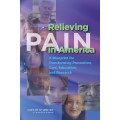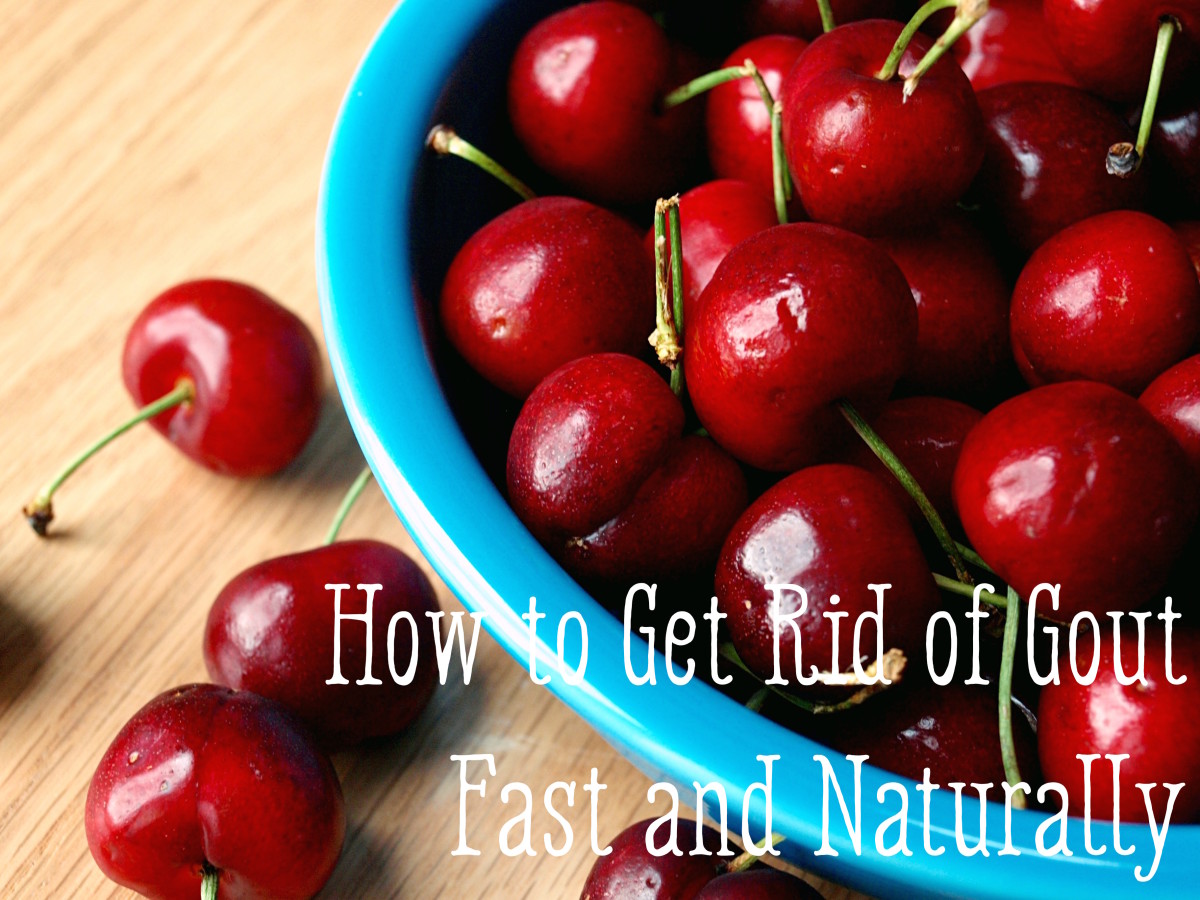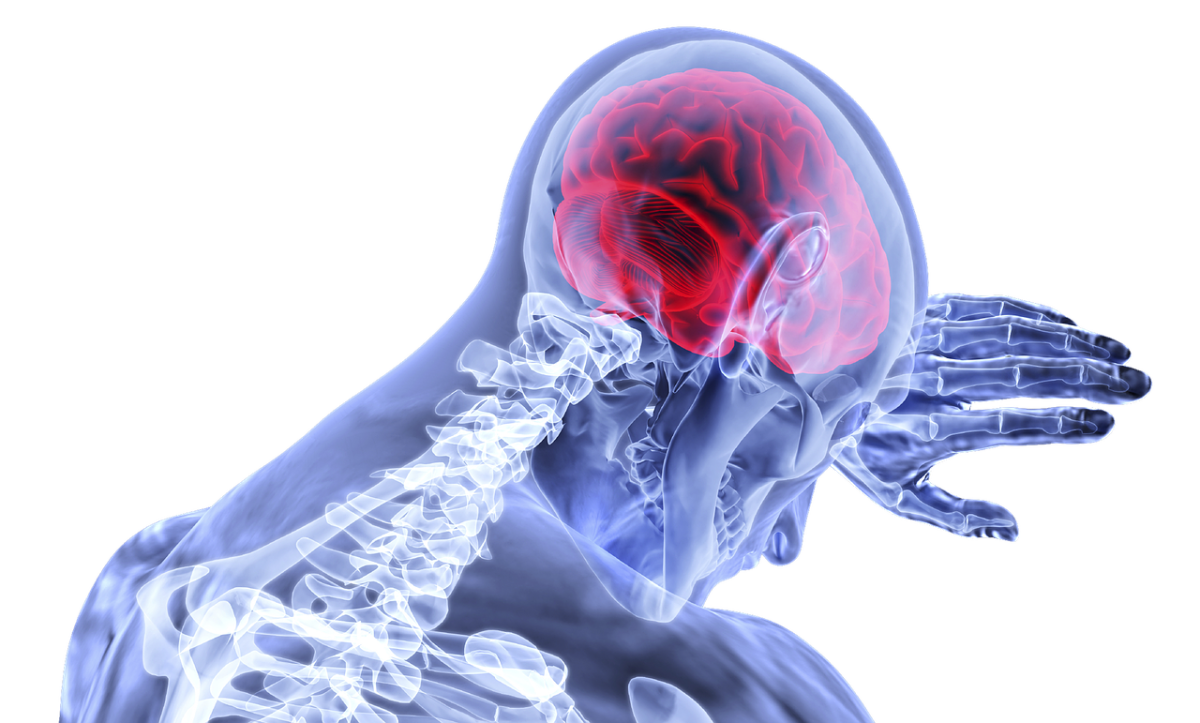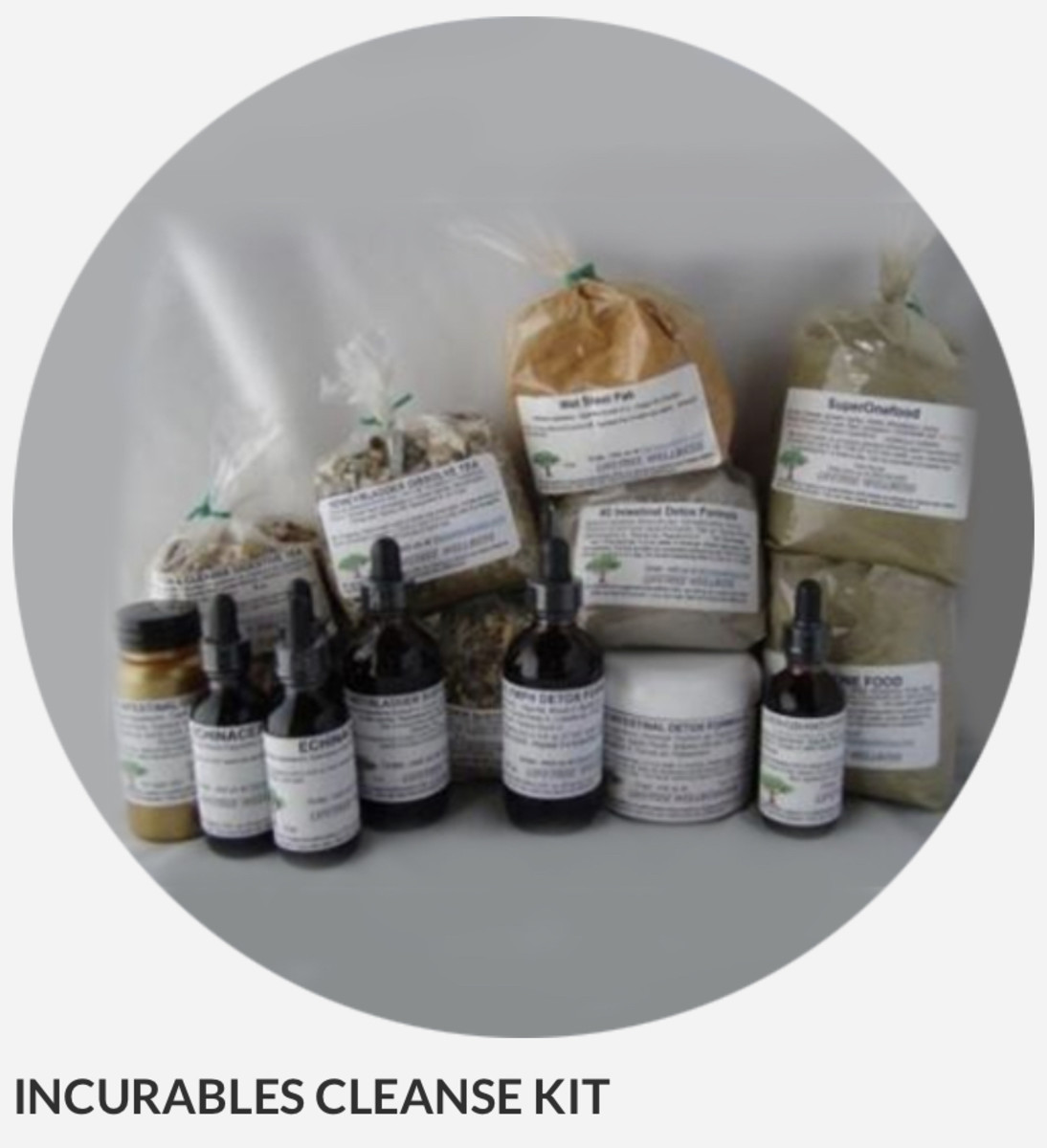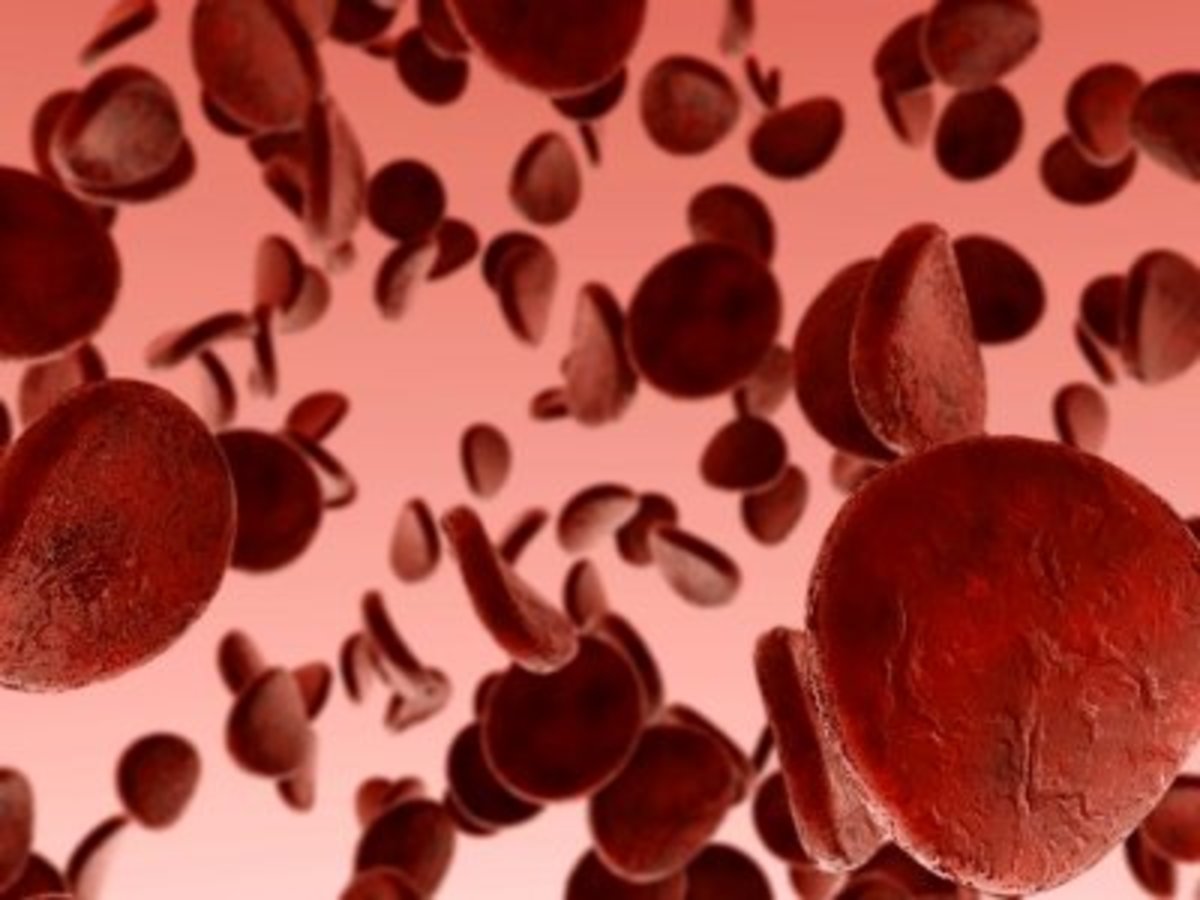How I Manage my Fibromyalgia
With fibromyalgia there is no magic bullet. There is no food, diet, medication or treatment that is going to permanaently or consistantly reduce or eliminate your pain. Managaing fbromyalgia pain is a life long process. It's not uncommon for you to find something that works only to have your body, and with it your pain, change to to anything from age, horones stree or lifestyle changes. Sometimes the change may seem as though it's not due to anything at all.
This article is a detailed list of everything that I do to manage my pain and other symptoms. My current health and self care regiment has been the same for about two months and it breaks into nine categories.
1. Medication
2. Excercse
3. Stress Management
4. Sleep
5. Mood
6. Rest
7. Diet
8. Support System
9. Supplements
#1 Medication
Beore I developed fibromyalgia, and even for a while afterwards, I was very anti-medication. I tried every lifestyle change I could before finally coming to the realization that for me lifestyle changes are just not enough. That was a very hard pill to swallow (pun intended) as there is no shortage of essays, articles and books telling you that turning to medication to manage your fibromyalgia represents a failure on you part, a lack of perserverance. Medication is not the best nor the only form of treatment for those of us suffeing from fibromyalgia but it has been an integral part of my pain management for many years now.
Mirapex (Paramipexole) 2mg/day
Mirapex is an anti-convulsant originally developed for the treatment of epilepsy and parkinsons disease. When a family member of mine who suffers from Restless Leg Syndrome was prescribed mirapex she was surprised to find that the pain and fatigue she experienced from her Chronic Fatigue Syndrome decreased enormously.
I did my own research and found that one small study existed to suppert the use of anti-convulsants to treat FMS and CFS. I forwaded this and other studies on Mirapex to my doctor and asked for a prescription.
The effect has been incredible. My average pain on a scale 1-10 has gone fom 7 to 3, my energy is way up and I have been able to take part in my own life for the first time since I was 19.
Elavil (Amitryptaline) 50 mg/day
Elavil is a tricyclic anti-depressant. This family of medications was one of the fore-runners of depression treatment. With the advent of SSRIs it is rarely used to treat depression anymore/ Elavil is now prescribed almost exclusively for nerve pain.
For years Elavil was main medication for pain management. After a correlating (potentially causal) experience with accupuncture it's effectiveness decreased almost to nothing. I say almost because I did try weaning myself off of it but it has proven it's value as a complimentry medication to Mirapex.
Cipralex (Escilatopram Oxalate) 5 mg/ day
Cipralex is actually an SSRI anti-depressant that I use for it's intended purpose but in my experience mood and emotional state can have a huge effect on your pain and fatigue. The "feel good" chemicals you lack when you are depressed are also your bodies natural pain relievers.
Tylenol 3 (Acetominaphen and Codeine) as needed
Tylenol 3 is a very mild narcotic. I use it when my nerve pain or migrained become too much for me to handle on my own. As I said this medication is mild, it may seem counter intuitive to reat someone with severe chronic pain with a mild pain reliever but the fact is that narcotics are just not an effective treatment for nerve pain. They do not make the pain go away, but they can take the edge off when the pain is so severe that you are completely immobilized or can't stand the touch of cloth to your skin or when the pain is so intense that you begin to experience blurred vision and slurred senteneces. With FMS this kind of severe pain is unavoidable and it's not realistic to take narcotics for your pain on a regular basis but it will help you get through those awful flare ups and may help them to end sooner.
Cyclobenzaprine (Flexeril) 10 mg as needed
Flexeril is an anti-inflammatory muscle relaxer often perscribed to women who suffer from sever PMS cramps. Many people with fibromyalgia use it to facillitate sleep and to relieve a symptom of FMS where the muscles in your back tighten to the point where they are indiscernible from bone to the untrained hand. For many sufferes massage is incredibly painful.
#2. Excercise
Excercise is one of the biggest factors in my pain management. It keeps your body strong and limber, cycles fresh blood and more oxygen through your body, cleans out toxins, creates feel good hormones and chemicals and allows for better sleep.
I always looked at it this way: everyone feels better when they excrecise. My body is owrking so damn hard to get through every day that I should give it every advantage I possible can and being physically fit is a huge one.
On average my weekly excercise looks like this:
- Low impact yoga 15 mins - 1 hr 3-5 days a week
- Low impact pilates 5-30 mins 3-5 days a week
- Walking 15 mins-2hrs 3-7 days a week
- Stretching 5-15 mins 3-7 days a week
Looking at this many people with FMS, especially if you are newly diagnosed, may think that I cannot possibly have fibromyalgia but this level of excercise is possible for me becuase I have built up to it very slowly over the course of five years. Like many of you early on I struggled to walk from my bedroom to the bathroom. But every day I have gotten up and moved. Some days that meant sitting up in bed and slowly moving my arms in circles and up over my head. Sometimes it meant walking down the hallway in my apartment one ever two hours. I built up to being able to walk out to the sidewalk, then down a block until finally I could have days where I could walk a few miles, then come home and make dinner. It's not easy, nothing ever will be with FMS but it is possible.
#3 Stress Management
Stress management is by far the most complicated, nuanced, complicated and unpredictable aspects of self-care whether or not you have FMS. No matter how consistent you are with your lifestyle changes, medications or alternative therapies you will never stop having to work hard to manage your stress.
In my opinion the best way to manage your stress is to prevent stressors from entering your life. That way you will have be putting your ability to manage stress with a mind and body that are already under constant strain to the test as infrequently as possible. Of course prevention doesn't always work but these are some of the techniques I use: setting and communicating strong boundaries, take the time to learn your body's cues so that you won't overrach, control your environment as much as you can and finally don't blame yourself or anyone else or being sick. It's no one's fault.
#4 Sleep
If you've been readng about FMS management for nay length of time you are probably sick of being tld you need to sleep. But the thing is you really relaly do. Sleep and FMS are so closely connected that many doctors and researchers say they can't be sure which came first. Did sleep disturbance cause FMS or does FMS cause sleep disturbance?
That being said I know all too well how hard it is to sleep when your laying in bed at night with nothing to distract you from your pain and how frustrating it is the next morning when your is even higher and all you want to do is sleep.
Sleep is vitally important and there are a number of alternative remedies for insomnia as well a simple lifestyle changes that can contribute to a better night's sleep. Honestly, none of these things worked for me. I did make the changes but eventually turned to medication. I took sleeping pills for years under doctor's supervision until I started taing elavil and mirapex which cause me a great deal of sedation. I sleep like log now.
#5 Mood
When you are happy your body produces seratonin and dopamine. Those compounds are also your body's natural pain relievers. But for many people who live with chronic pain it can be hard to find anything to smile about. I spend time with family and friends that I love, watch funny videos on youtube, read funny books and watch my husband and some play together as a part of my pain management, and to remind myself to laugh and smile. But I also take medication for the anxiety and depression I have had since long before fibromyalgia.
#6 Rest
Rest goes right alongside with setting your boundaries and controling your environment. I am a very ambitious and motivated person (not a workaholic no matter what my husband may say) and I wanted so badly to be one of those people who could proudly say, "I just don't let it control my life." While I refuse to become a victim to my disease I still need to rest every day and I live at a very slow pace.I have gone from someone who worked two full time jobs, wrote a noel and was regualar childcare or my newborn nephew to someone who has to schedule things every other day, for only a few hours, or I will burn out. Accepting that these changes are a part of my life, and not seeing that a failure, has been a long and difficult process for me. I no longer fight agasint the pain, I have restructured my life aroud the pain so that I can still live a productive and fullfilling life.
#7 Diet
When I was first diagnosed with FMS I employed the most basic of dietary changes: reduce sugar, caffeine and alcohol. It defeineately made a difference but for a long time I felt that I was doing all I could diet-wise to manage my pain. It's only been in the last couple of months that I have begin to experiment with more extreme dietary changes, and quite frankly, I can't believe it's taken me so long.
About a month ago I started a vegan diet. I went through about a week of a very unplesant process of detoxification including fatigue, soreness, poor sleep and loose stools (not the welcome respite from narcotics-induced constipation I thought it would be). There was also an extrememly sharp learning curve when it came to balanceing out the fibre, fruit sugar and proteins that my body needed.I paid close attention to what my body was stelling me and I seem to have found a diet that keeps my body as well nourished as possible. For me that means about 80% vegan food (I eat animal protein like yogurt, chicken and fish) and95% unprocessed food. Fr drinks I stick to water and unsweetnend tea instead of filling m body with extra sugar with juice or pop. Everytime I want to eat something high in sugar I ask myself: is this worth the pain it will cause? The answer is usually no.
#8 Support System
For me this means my husband, son, siblings and a handful of close friends. These are people that I can kick out of my house when I get tired, who are understanding of last minute cancellations and who neither dwell on or ignore my FMS. When these people ask how I'm doing I can be honest about my pain without them getting all weird and shifty and when I say I'm doing great they don't assume that means my pain has somehow magically disappeared. But most importantly these are the people I love. They are the reason it's worth it to get up in pain every morning. They remind me to take care of myself and remind me that I'm strong when I forget. I believe the meaning of life is other people, these are mine.
#9 Supplements
I don't think we talk enough in the FMS community about the role of supplements in pain and symptom management. In my opinion that role is not to cure or solve anything but to keep your body in optimum physical health so that you are at your best when dealing with your fibromyalgia every day.
I take:
Calcium magnesium, omega-3, a multivitamin, folic acid, B12 and vitamin D.
Calcium Magnesium:
This supplement seems to be the current "wonder pill". I take it to supply my body with the calcium it's not getting from dairy (one can only eat so much broccoli) and to help with my head aches and fatigue. It's impossible for me to know how much or how little it's actually doing for me without discontinuing all my supplemets and adding them back in one at a time. I have to take it in the morning as too much calcium can inhibit the absorbtion of some medication, including Mirapex.
Omega -3:
By my doctor's suggestion I take 3 1000 mg tablets daily. Principally these are for my mood.
Multivitamin:
Just because. Multivitamin advertising campaigns from the 90s have me well-conditioned. I'm a good little consumer.
Folic acid:
This is not for FMS at all. I started taking it when my husband and I were trying to concieve and as I am pregnant now I'm still taking it./p>
B12:
Another suggestion or my doctor, this time for fatigue. This one is also often recommended to pregnant women with really low energy.
Vitamin D:
I live in the pacific northwest. We're not exactly buddy-buddy with the sun. Vitamin D deficiency has been getting a lot of press recently, so I started taking it (must consume goods).
Phew...
If you don't have fibromyalgia you may be beginning to understand why so many of us aren't able to work. It's a full-time job just to stay upright when you have this disease, and sometimes the pain is so bad that it's completely beyond your control. But when that does happen I know, at the very least, that I am doing everything I can and because of that these cycles of particularly high pain always run their course and allow me to function once again. I have learned to work with FMS, not against it. I believe that is my own key to achieving what many people would consider the impossible: living a fulflllling life with fibromyalgia.


